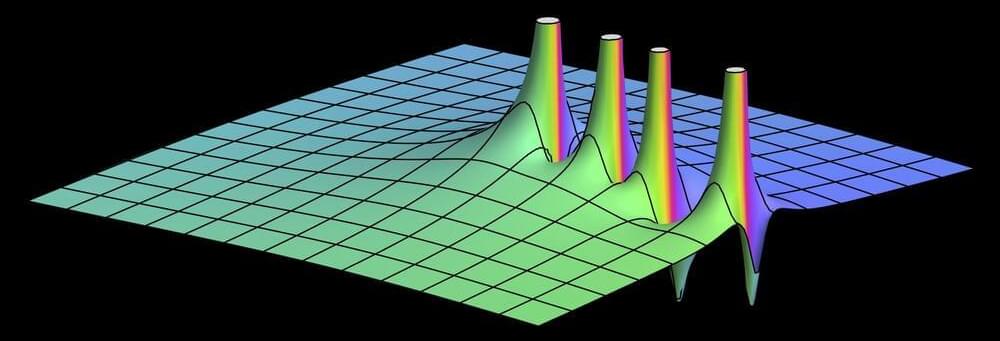Numbers like π, e and φ often turn up in unexpected places in science and mathematics. Pascal’s triangle and the Fibonacci sequence also seem inexplicably widespread in nature. Then there’s the Riemann zeta function, a deceptively straightforward function that has perplexed mathematicians since the 19th century. The most famous quandary, the Riemann hypothesis, is perhaps the greatest unsolved question in mathematics, with the Clay Mathematics Institute offering a $1 million prize for a correct proof.
UC Santa Barbara physicist Grant Remmen believes he has a new approach for exploring the quirks of the zeta function. He has found an analog that translates many of the function’s important properties into quantum field theory. This means that researchers can now leverage the tools from this field of physics to investigate the enigmatic and oddly ubiquitous zeta function. His work could even lead to a proof of the Riemann hypothesis. Remmen lays out his approach in the journalPhysical Review Letters.
“The Riemann zeta function is this famous and mysterious mathematical function that comes up in number theory all over the place,” said Remmen, a postdoctoral scholar at UCSB’s Kavli Institute for Theoretical Physics. “It’s been studied for over 150 years.”
